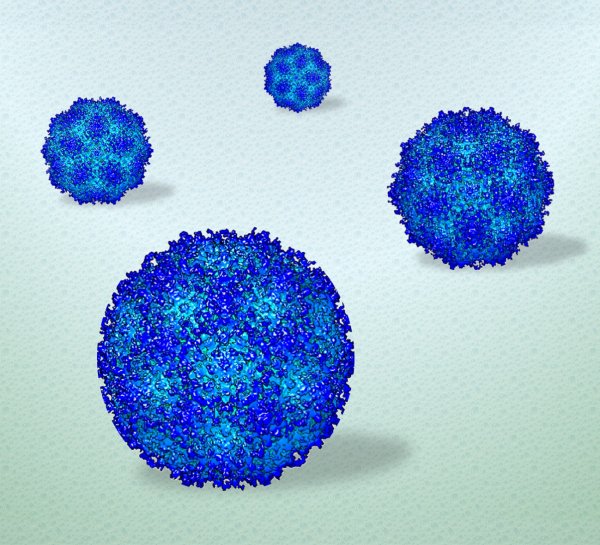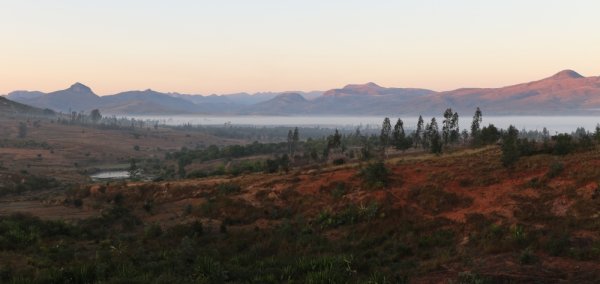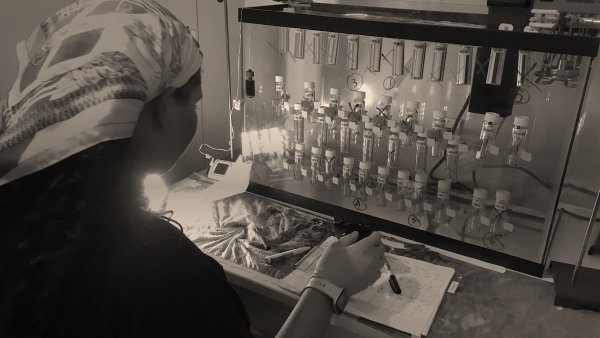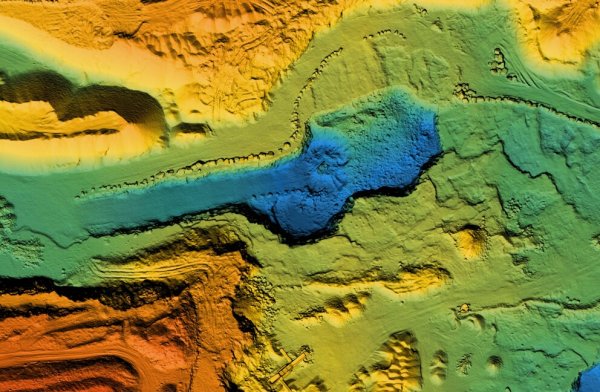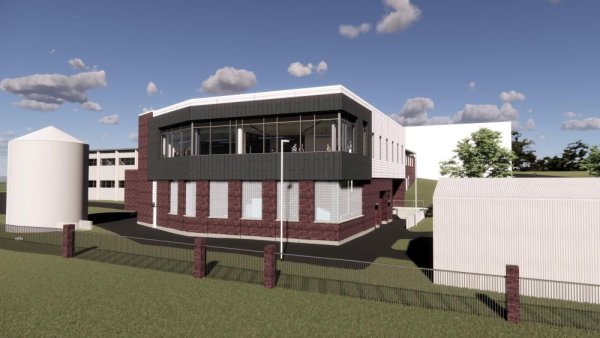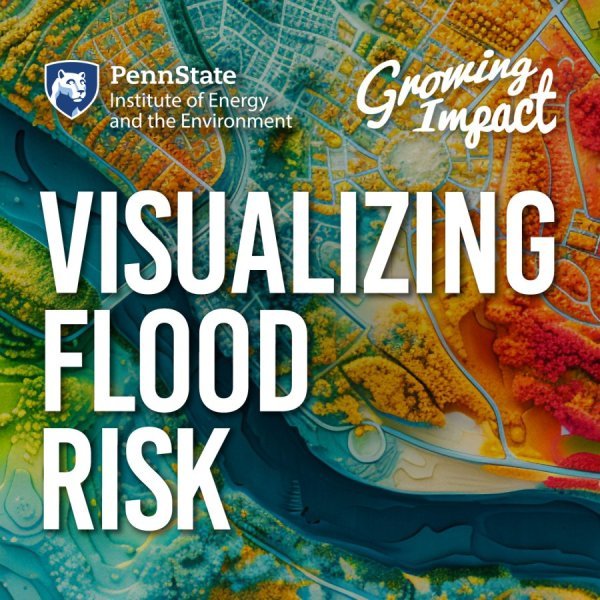Faculty Friday: Kristina Douglass
Meet Kristina Douglass, an IEE co-fund and College of Liberal Arts faculty member. One thing she wants you to know about her research is that there are lessons we can learn from the past about coping with climate change.
Stuckeman School professor recognized for sustainability efforts
| psu.edu
Mihyun Kang, director for sustainability in the College of Arts and Architecture and research professor in the Stuckeman School, has been named a 2021 Campus Sustainability Champion by the Pennsylvania Environmental Resource Consortium in recognition of her work to advance sustainability at Penn State.
Researchers film human viruses in liquid droplets at near-atomic detail
| news.psu.edu
A research team led by Deb Kelly, Huck Chair in Molecular Biophysics, has used advanced electron microscopy technology to see how human viruses move in high resolution in a near-native environment, which could lead to improved understanding of how vaccine candidates and treatments behave and function as they interact with target cells.
Novel method of imaging silicon anode degradation may lead to better batteries
| news.psu.edu
A novel method of characterizing the structural and chemical evolution of silicon and a thin layer that governs battery stability may enable better lithium batteries.
Arrivals and Extinctions
| news.ucsb.edu
Madagascar is renowned for its unique and varied biodiversity, which spans dry grasslands, wet rain forests, mangroves and deserts. This variety, combined with the island’s isolation and size, has fostered distinctive assemblages of plants and animals, including the country’s famous lemurs and baobab trees.
Making climate policy models more relevant
| by Wei Peng
To assist climate policy making, the research community has developed a powerful set of tools to combine insights from economics, technology, and climate science. However, according to Wei Peng (School of International Affairs), these tools miss a crucial factor that shapes climate policy in the real world: Politics. She and her team identify eight political insights that are important for the success of real-world climate policy.
Civic Science Fellow
| aplu.org
The goal of the Civic Science Fellows Program is to co-create strong, diverse, and inclusive connections between science and civic life. Civic Science Fellows are emerging leaders from diverse backgrounds, who are hosted by media, scientific, and philanthropic organizations. Host partners work with fellows to catalyze civic science opportunities. The Fellows become a member of a growing network of enthusiastic advocates for science communication, civic science, and public impact research.
A naturally inspired, reusable system that purifies water and builds itself
| news.psu.edu
In nature, the interaction of molecules at the boundary of different liquids can give rise to new structures. These self-assembling molecules can be engineered to perform specific functions — and now, a team of Penn State researchers has leveraged this opportunity to develop a material that could remove persistent pollutants such as PFAS from water.
Freiburg Rising Stars Academy – Connecting International Researchers to Freiburg Scientists
| uni-freiburg.de
The Freiburg Rising Stars Academy is your door opener to the University of Freiburg. In 2021, we are welcoming early-career scientists from the fields of Materials Science, Chemistry, Biology, Genetics, Informatics, Physics, Engineering, Microscopy, Medicine, and related interdisciplinary fields to apply as Rising Stars.
Global warming may limit spread of dengue fever, new research finds
| news.psu.edu
Infection with dengue virus makes mosquitoes more sensitive to warmer temperatures, according to new research led by Penn State researchers.
The ethics of remote sensing in archaeology
| news.psu.edu
When using modern technology in archaeology, researchers can cause potential harm to the communities they are observing. A recent paper led by a team of Penn State researchers explores the ethics of archaeological remote sensing in sacred cultural spaces.
Nuclear science, engineering spark collaborations across Penn State and beyond
| psu.edu
The Radiation Science & Engineering Center, home to the Breazeale Reactor —the nation’s first licensed and longest continuously operating nuclear research reactor — is expanding to accommodate an equipment donation valued at $9.8 million and to facilitate more advanced neutron beam research as well as the growth of nuclear engineering at Penn State.



